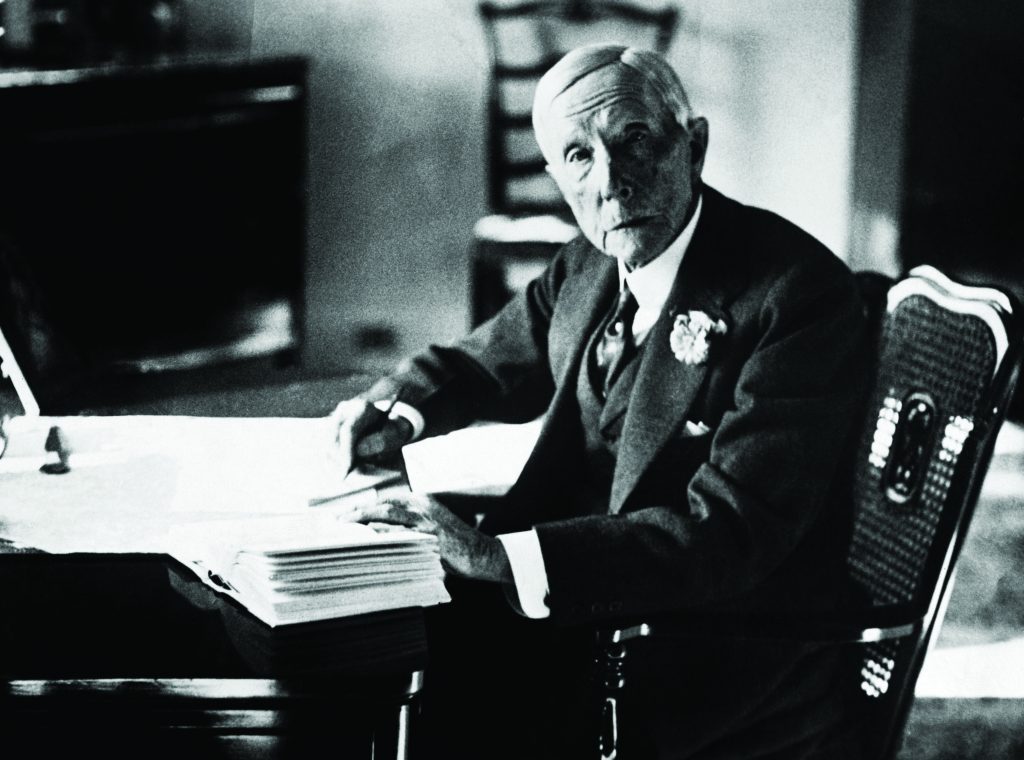On September 29, 1916, American business magnate John D. Rockefeller (1839-1937) was announced as the United States of America's first billionaire for his ownership of Standard Oil. His total net worth comprised 2% of the USA's GDP on this day. His dedication to charity and philanthropy was in tandem with amassing such a mammoth amount of wealth.
Indeed, at the age of 16, in his first job as an assistant bookkeeper with Hewitt & Tuttle, he donated 6% of his income to charity, and by the age of 20, 10%. However, some of the practices he implemented with Standard Oil received criticism as being predatory, unethical and anti-competitive, and in 1911, the Supreme Court of the United States eventually found his company to be in violation of antitrust laws and ordered its dissolution. Still, his legacy as one of the wealthiest and most philanthropic Americans lives on into the present day.
In 1916, stocks for the remaining Standard Oil enterprise as they existed after the dissolution still boomed so exponentially that Rockefeller's worth crossed the $1 billion mark. Stocks were at that time worth more than $2,000 a share, up from the highest stock in American history (whose limits were dictated by the Supreme Court) until that point, $750 a share. These share prices made Standard Oil's market cap $2 billion.
From a slump in share prices in August when crude oil prices were reduced came one of the most remarkable leaps in American corporate history.
By September 29, the trends toward the growth of the oil industry came from the country's increased innovation around harnessing this natural resource to propel the country into modernity.

